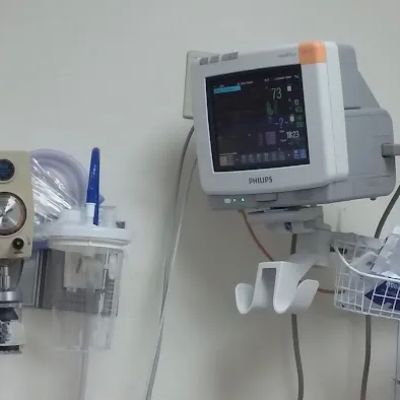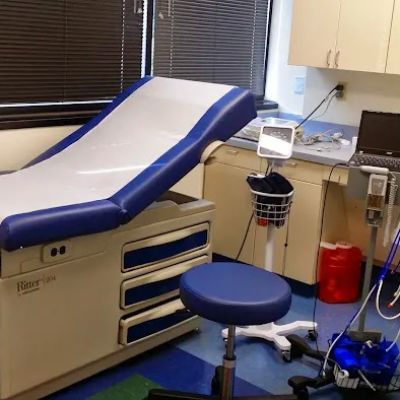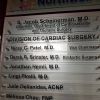- 1-The-Connection-Between-Alcohol-and-Heart-Health-#the-connection-between-alcohol-and-heart-health
- 2-Understanding-Moderate-Drinking-#understanding-moderate-drinking
- 3-The-Risks-of-Binge-Drinking-#the-risks-of-binge-drinking
- 4-Does-Red-Wine-Really-Protect-the-Heart-#does-red-wine-really-protect-the-heart
- 5-Alcohol-s-Impact-on-Blood-Pressure-and-Heart-Disease-#alcohol-s-impact-on-blood-pressure-and-heart-disease
- 6-Real-Life-Stories-and-Case-Examples-#real-life-stories-and-case-examples
- 7-Guidelines-for-Safe-Consumption-#guidelines-for-safe-consumption
- 8-When-to-Seek-Medical-Advice-#when-to-seek-medical-advice
- 9-How-HeartCare-Hub-Can-Support-You-#how-heartcare-hub-can-support-you
The Connection Between Alcohol and Heart Health
Alcohol and heart health: how much is too much? is a question doctors and researchers continue to explore. Studies show that while small amounts of alcohol may provide certain cardiovascular benefits, excessive consumption increases the risk of high blood pressure, irregular heart rhythms, and long-term heart disease. Understanding this balance is essential for making informed lifestyle choices.

Understanding Moderate Drinking
1. Defining moderation
For most adults, moderate drinking is defined as up to one drink per day for women and up to two for men. A “drink” means 5 ounces of wine, 12 ounces of beer, or 1.5 ounces of distilled spirits. Anything beyond this range increases health risks significantly.
Capital Health Medical Center – Hopewell
capital health medical center hopewell
1 Capital Way, Pennington, NJ 08534, USA

2. Why moderation matters
Moderation may reduce stress and even improve social connection. However, when moderation turns into habit or daily dependency, even low levels of alcohol can strain the cardiovascular system over time.
The Risks of Binge Drinking
1. Immediate heart effects
Binge drinking—defined as four or more drinks for women or five or more for men within two hours—can cause sudden spikes in blood pressure and irregular heart rhythms known as atrial fibrillation. These episodes may be short-lived but can still lead to serious complications.
2. Long-term risks
Chronic binge patterns elevate the risk of heart attack and stroke. In fact, hospital data shows a sharp increase in admissions after weekends and holidays tied to heavy alcohol use, often referred to as “holiday heart syndrome.”
Does Red Wine Really Protect the Heart?
The “French Paradox” sparked interest in red wine as a heart-healthy beverage due to antioxidants like resveratrol. While moderate wine consumption may offer protective effects, experts caution against using this as justification to start drinking. Fruits, vegetables, and exercise provide similar benefits without the risks alcohol carries.
Alcohol’s Impact on Blood Pressure and Heart Disease
Even moderate amounts of alcohol can raise blood pressure slightly, and frequent consumption may harden arteries over time. Heavy drinking is strongly linked to cardiomyopathy, a condition where the heart muscle weakens, making it harder to pump blood. The evidence shows that alcohol is not a harmless indulgence—it requires careful limits to avoid damage.
Real-Life Stories and Case Examples
One man in his 40s thought his nightly glass of whiskey was harmless, until he developed hypertension that required medication. Another case involved a woman who believed wine protected her heart, but years of overindulgence led to atrial fibrillation. These stories highlight how personal choices with alcohol can have serious consequences.
Guidelines for Safe Consumption
1. Know your limits
Stick to recommended daily amounts and avoid drinking to cope with stress. Alternating alcoholic drinks with water and avoiding “catch-up” drinking on weekends can help maintain balance.
2. Lifestyle balance
Pair moderate consumption with a heart-healthy lifestyle that includes exercise, balanced nutrition, and regular health check-ups. This combination significantly reduces the risk of cardiovascular issues.
When to Seek Medical Advice
If you notice palpitations, dizziness, or chest pain after drinking, it’s important to consult a doctor immediately. Regular check-ups are vital for those who drink frequently, even within moderate levels, since early detection of heart problems can make treatment far more effective.
How HeartCare Hub Can Support You
Navigating alcohol and heart health requires both knowledge and professional guidance. HeartCare Hub offers trusted resources, tools, and expert services to help you understand safe limits, adopt healthier habits, and protect your heart for the long run. Whether you’re seeking lifestyle products or professional support, this is where you’ll find reliable guidance tailored to your needs.





















Deborah Heart and Lung Center
deborah heart and lung center
200 Trenton Rd, Browns Mills, NJ 08015, USA